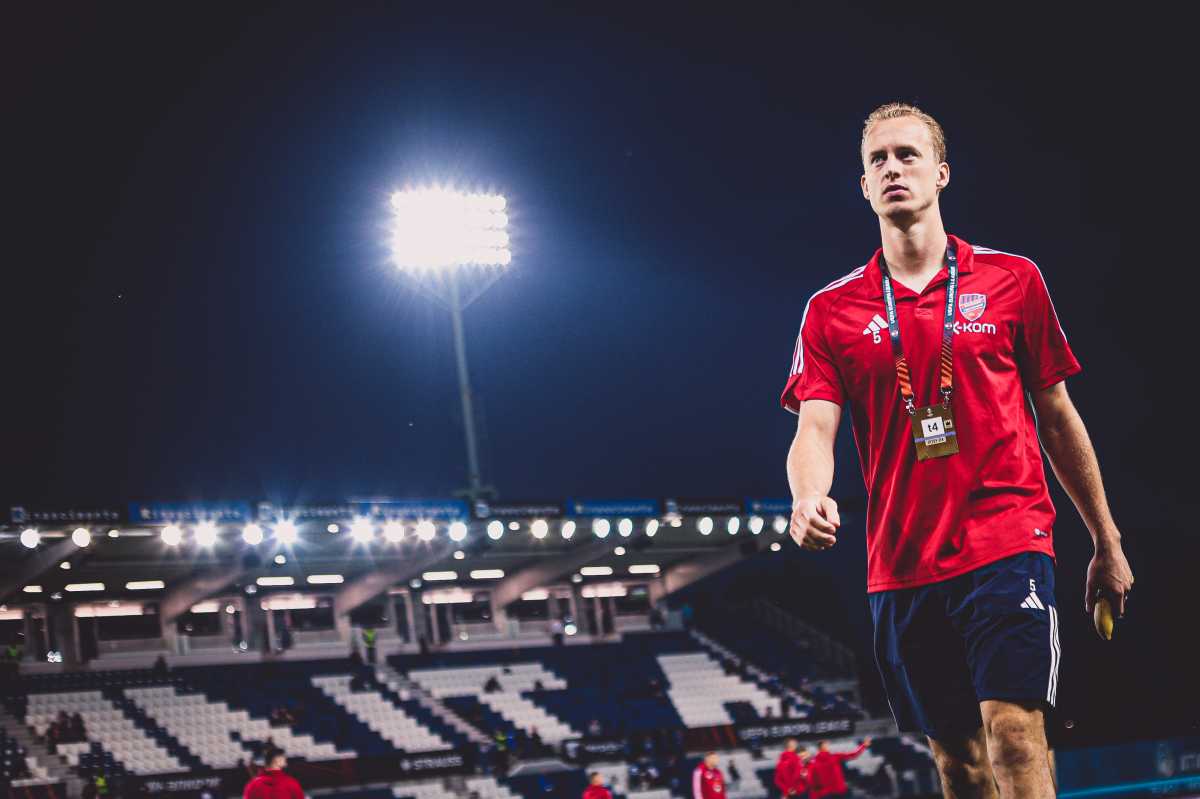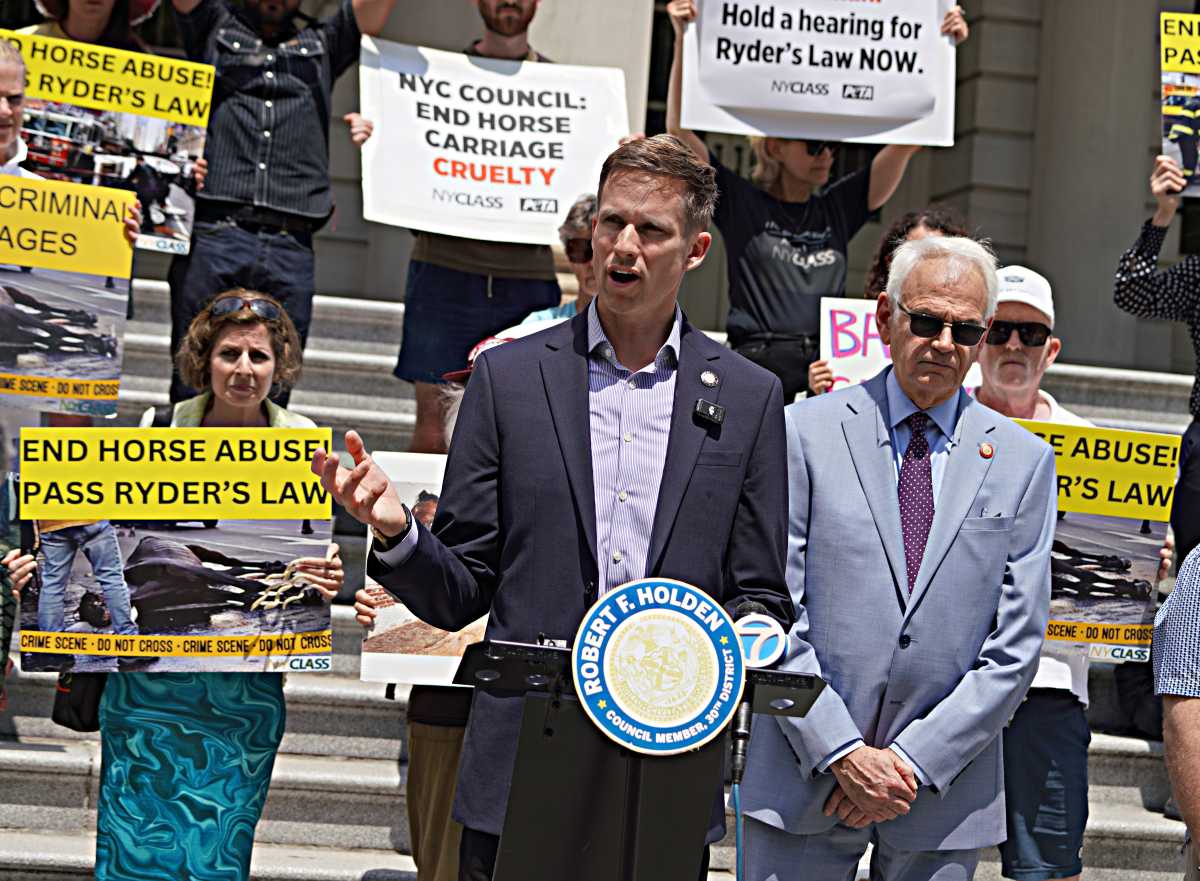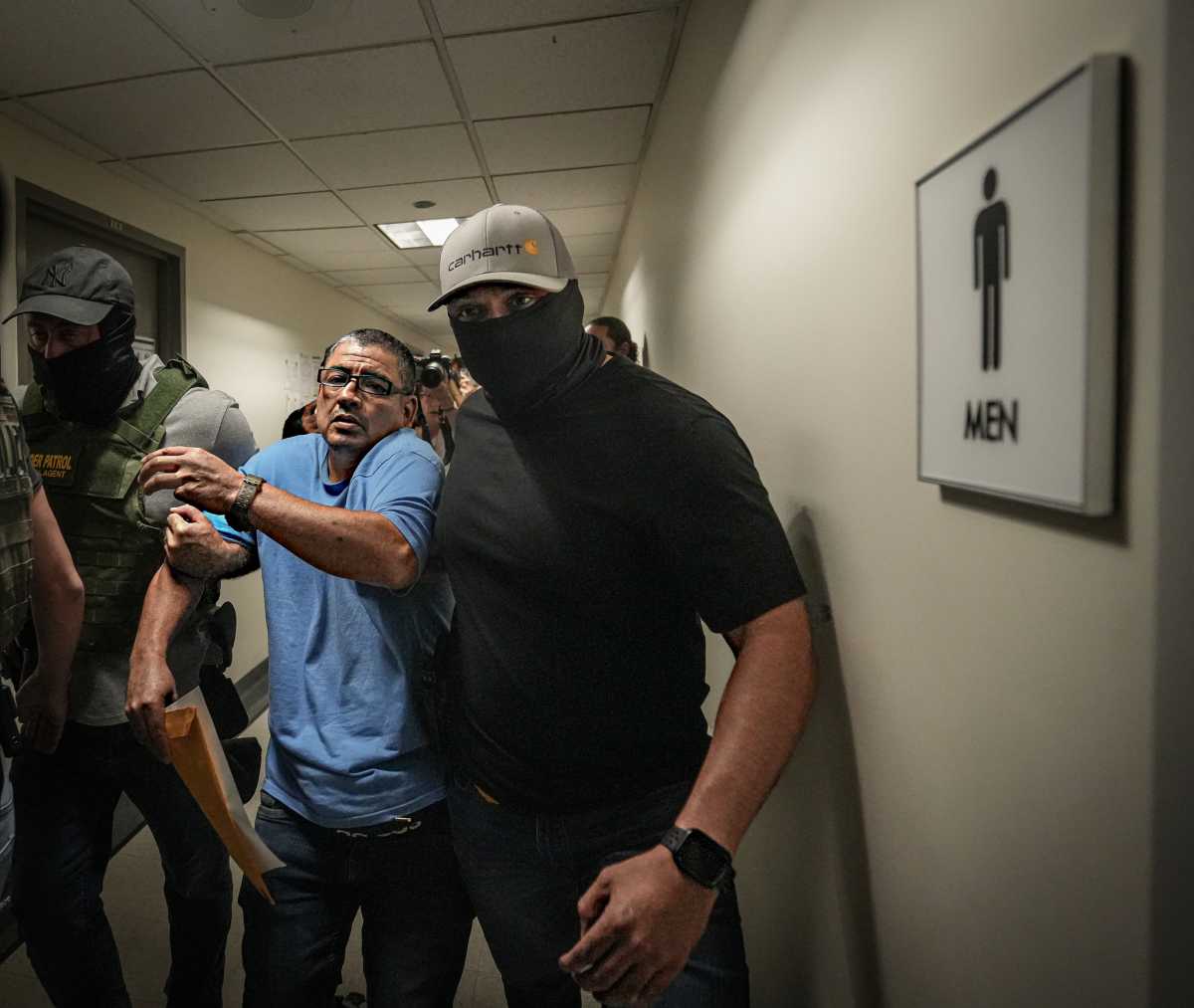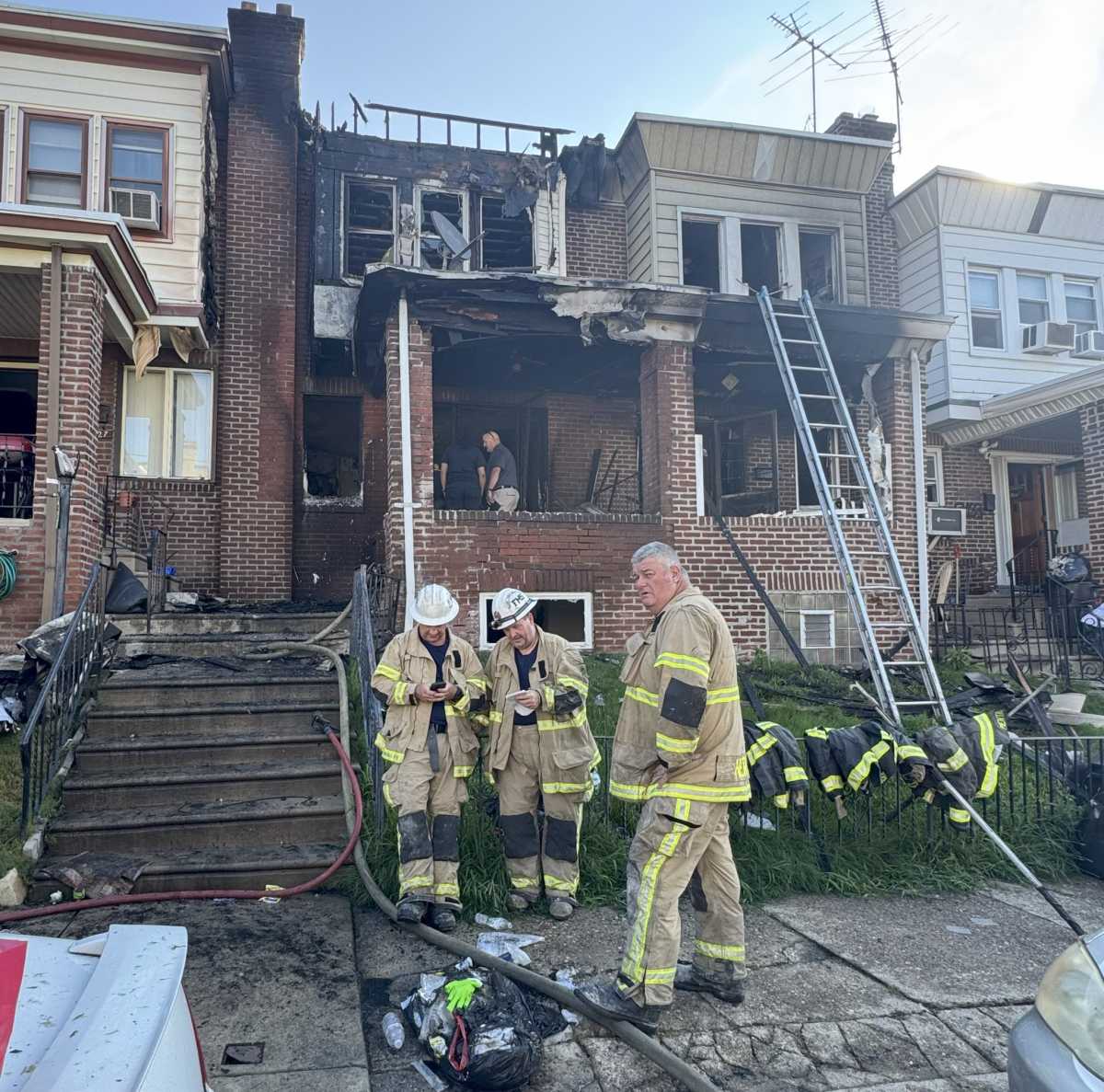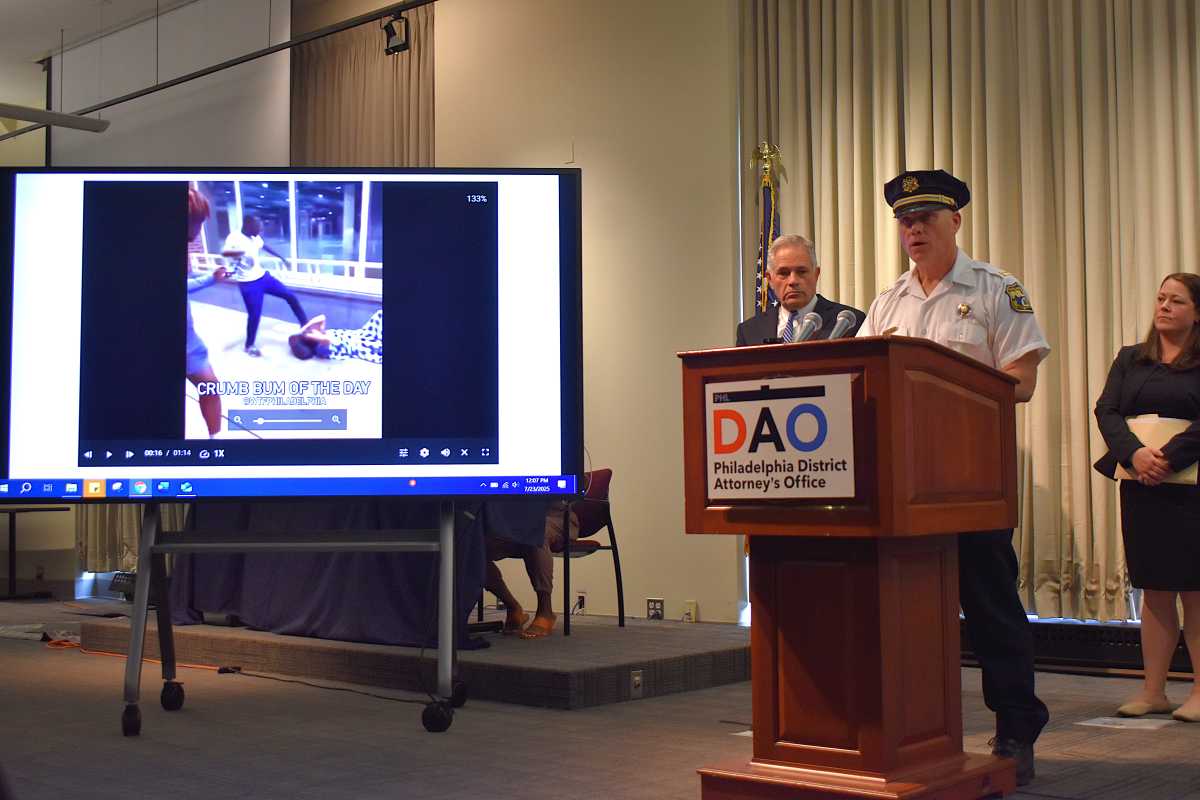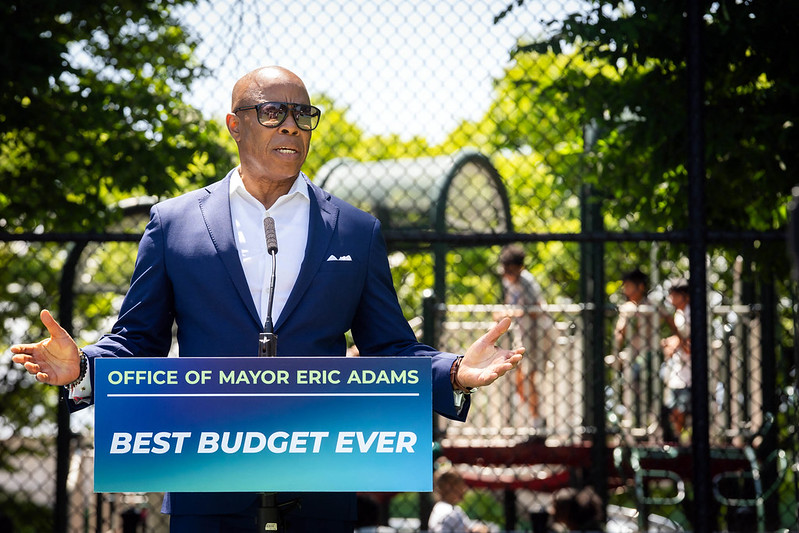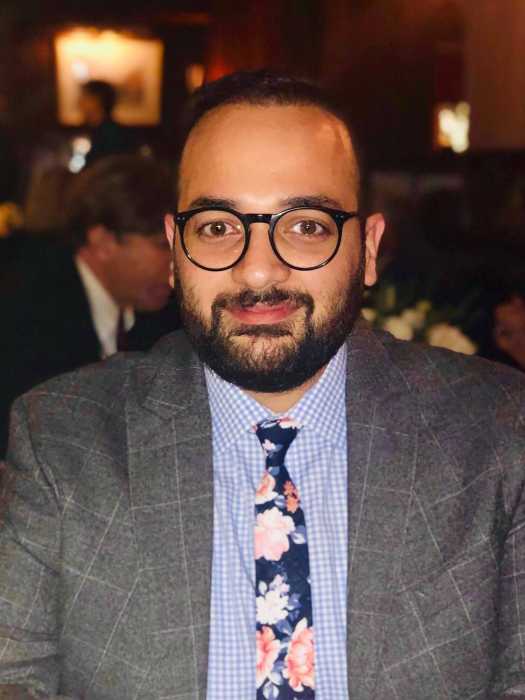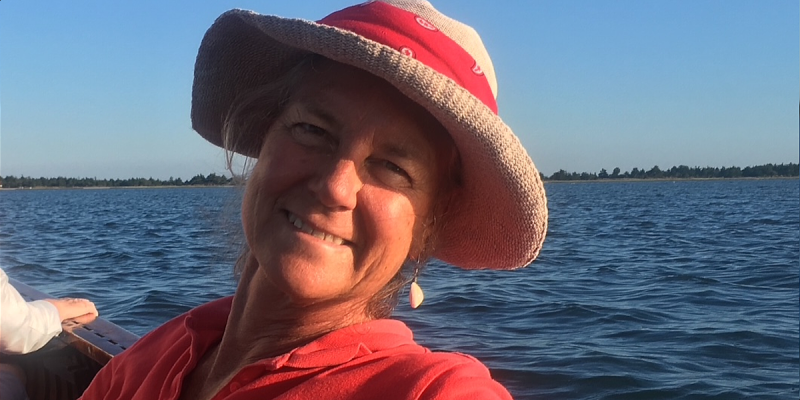NEW YORK (Reuters) – New York City chef Michael Lomonaco is no stranger to adversity.
As chef/partner at Porter House Bar and Grill and Hudson Yards Grill, Lomonaco has created and run some of New York City’s most iconic restaurants, including the 21 Club and Windows of the World, which was located in the North Tower of the World Trade Center.
On the morning of Sept. 11, 2001, Lomonaco decided, by chance, to buy a pair of glasses at the optometrist on the concourse level of the building. It was a decision that saved his life.
More than 70 employees and almost 100 guests at his restaurant perished in the WTC attacks. Shortly after, Lomonaco, a host on Travel Channel and Food Network shows, co-founded the Windows of Hope Family Relief Fund.
On Nov. 6, Porter House Bar and Grill finally reopened.
Lomonaco, 65, spoke to Reuters about the importance of survival skills in 2020.
Edited excerpts are below.
Q. What did your first job teach you?
A. I was 17, and it was my first semester at Brooklyn College. I got a job as a bank teller. I made $1.65 an hour, and I had to put on a jacket and tie every day. In the early 70s, that wasn’t something a lot of people of my generation wanted to do. I was a Deadhead. I was in a garage band.
In the bank business, you need precision, you need to express care with every transaction and not make mistakes. This is something I’ve carried through my whole career.
Q. What advice do you have for those starting out right now?
A. Living in the moment means looking to the future. What we do today creates tomorrow. This is a very chef approach. We’re always prepping, and part of that is the work that I have to do today to make my tomorrows better.
Q. What lessons did you learn while rebuilding your business post-9/11 that you think could be good advice for anyone navigating this world today?
A. There were many of us who really believed that New York was not finished. We would recover – and we will recover.
Wear a mask. Do the things we have to do. The sun will come out again. Business will return. We will find what the new normal is, and then we will succeed at it.
Q. What is your work-from-home setup?
A. When we went into lockdown in March, the restaurants closed. We laid off 200 people between the two restaurants. I live in Manhattan, in a two-bedroom apartment, and the second room is set up as an office.
I’ve had to adapt. I added a second screen so I could look at spreadsheets on a different screen. I had to upgrade my Wi-Fi so I could do Zoom calls and cooking classes and post five-minute cooking demos on my Instagram account.
Before, I had a bistro chair. I upgraded to a very nice office chair. I got a roto light that goes up on a tripod and that puts out a good amount without shadows.
If I set up my laptop as a camera and the phone as another camera, I’m able to toggle between the two cameras so I have a master shot and closeups of the food. It’s all these crazy things I didn’t think I had to do, and now I’m doing it.
Q. Have you developed new work habits in 2020?
A. What I do every day is what I always used to do, even in April and May when we couldn’t leave the house: I would get up every morning like it’s time for work. I’d make coffee, check the news, do some light exercise at home, shower, shave and dress like I have somewhere to go.
I thought it was important to try to keep things as normal as possible and be ready to tackle the day. I did online photography classes. I took time to go through my cookbook collection, and I found inspiration in watching other people cooking. Staying focused on the future helps me get through the day.
Q. Where would you like to travel when the pandemic is over?
A. I’ve never been but I’d like to go to Japan – for the food but also for the culture, the beauty, the aesthetics of how the Japanese view things, like their environment, the gardens, the connection to nature. These are all good things.
(Editing by Richard Chang)












